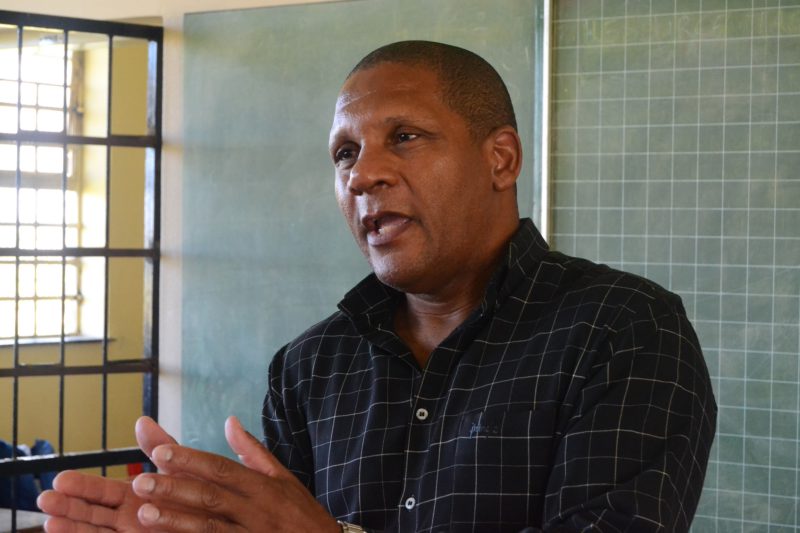The judiciary, with its challenges, still enjoys legitimacy across the board. Everyone turns to it when seeking a just and fair outcome.
As South Africans we need to commend ourselves for having such a resilient platform that has resisted multiple attempts to domesticate it. True leaders are seen during tumultuous and intimidating times. We need to salute the Constitutional Court Judges, the Appellate division and the High Courts in particular for defending our democratic project under trying circumstances. Men and women of character have shown their courage in defending and protecting what’s right.
The defence of the oath of office was informed by the supreme law, the Constitution of the country, to which we all subscribe. These unshaken leaders deserve our unequivocal support at all times. In a constitutional democracy like ours, legal imperatives override political imperatives. Politicians must always ensure that their decisions are consistent with the prescripts of the law. Failing which, one will find himself/herself prone to court judgments that may cast doubt on one’s ability to lead.
It’s not the intention of the judiciary to co-govern with the elected government. The South African jurisprudence is clear on the separation of powers. Courts only intervene when leaders arrive at irrational decisions in contravention of the law. They come in as arbiters in terms of interpreting the law within a constitutional context.
The selection of leaders should not only be based on the popularity of a person. South Africa is a complex and highly contested society within the global space. We need leaders with the ability to rise to the challenge and complexities of the 21st century. Powerful global forces have vested interests in South Africa, and would seek the means to enjoy hegemony over national leadership.
Meanwhile, we need to extend our gratitude to our own Judge Lex Mpati, retired President of the appellate division, for doing sterling work for his country. From a humble background, he has become a national icon in his own right. One’s background should not determine one’s future direction. We are architects of our own destiny. Each generation writes its own history.
Attempts to compromise subsets of our democratic project may have succeeded if our judiciary were timid in the execution of the law. The Constitutional Court in particular has set a good example and the rest should follow suit undeterred. Great minds at a given time in the evolution of society rise and provide leadership. Leadership is not only defined in terms of structural occupation. It’s also defined in terms of experience, knowledge, and the ability to see ahead through the fog.
The turn of political events in the mainstream political arena has kept the South African courts busy. Disputed elective conference outcomes are escalated to courts by the aggrieved parties to seek recourse.
The positive side of this development is the acknowledgement of the role of the judiciary in a constitutional democracy.
The negative side is that the internal democratic space within the ANC collapsed a long time ago. Should the organisation fail to resolve its internal power dynamics, the problem is bigger and requires urgent resolution. The escalation of undemocratic practices and intolerant behaviour has become the norm. No one is reprimanded for indulging in anarchy.
This has the potential to lead to a backlash of low internecine violence that could be exploited by nefarious forces operating within the organisation.
We do not need this situation in this day and age. People need to resolve their differences through engagement and not through barbaric acts aimed at endangering the lives of others. Failing to arrest this trend, could result in retaliatory counter-moves.
Should we reach that stage, things may get out of control and cause animosity among the public. Levels of tension within the ANC have reached a point of no return. Covert factors have disabled the capacity of the ANC to resolve its own dynamics.
While one would have been concerned even if the ANC were not running the country at the moment, the situation is of particular concern because instability within the ruling party affects their ability to govern.


